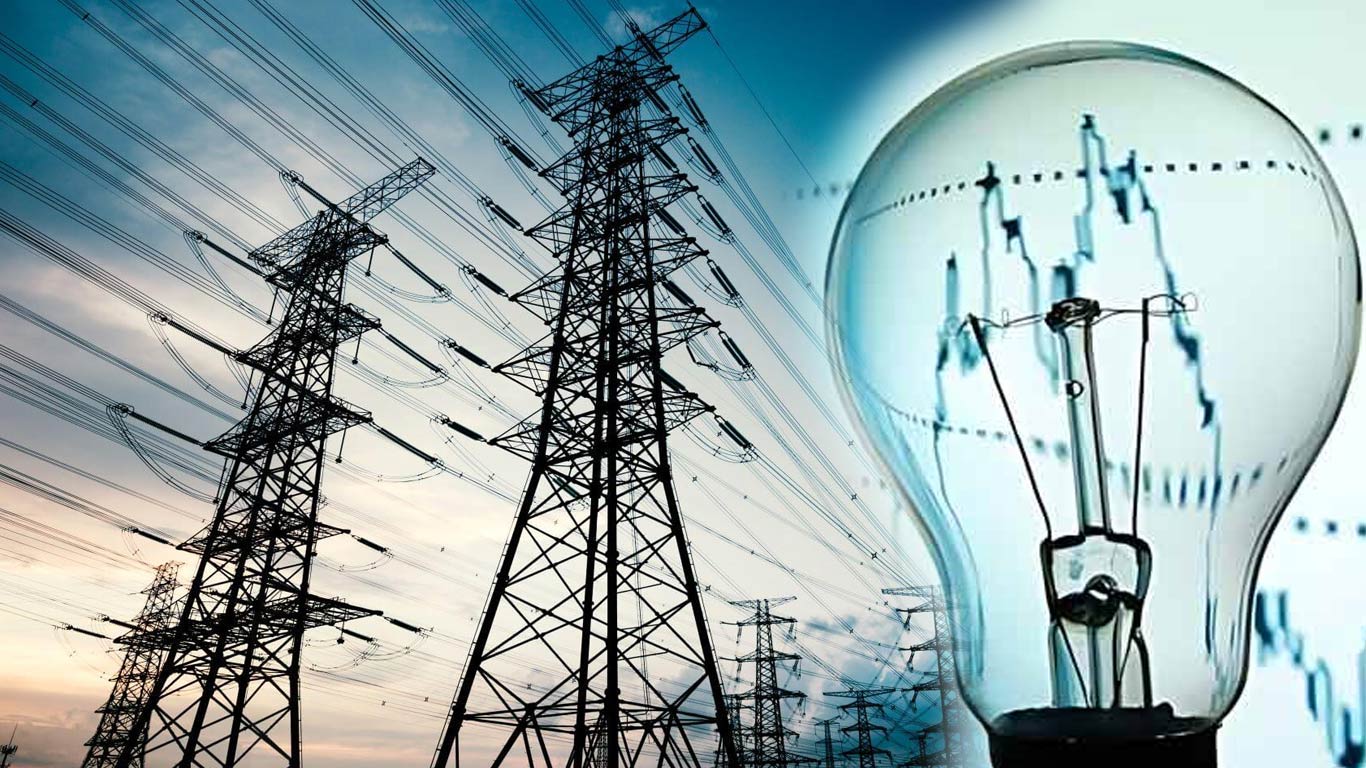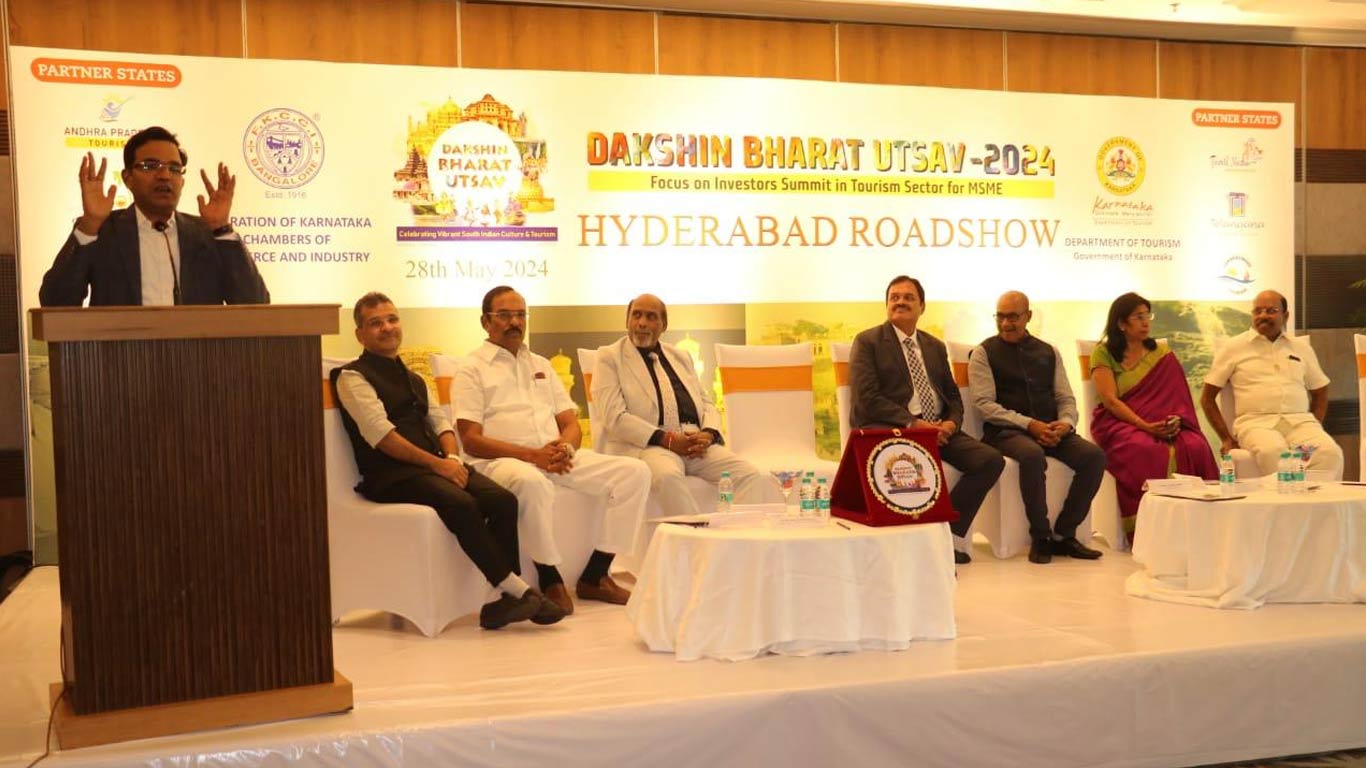Karnataka Industry Cheers Reduction In Electricity Charges
Updated: Feb 29, 2024 05:43:36pm

Karnataka Industry Cheers Reduction In Electricity Charges
Bengaluru, Feb 29 (KNN) The Karnataka Electricity Regulatory Commission (KERC) has introduced a noteworthy reduction in electricity tariffs, earning praise from industries and consumers for its historical significance.
Previously, various Electricity Supply Companies (ESCOMs) in Karnataka, including the Chamundeshwari Electricity Supply Corporation (CESC), had proposed an increase in charges. They sought an upward revision of Rs 0.35 per unit for domestic consumers and an additional Rs 0.15 per unit in fixed charges to address revenue shortfalls.
The CESC justified its request for higher tariffs to cover a revenue gap, including shortfalls from previous financial years.
However, in a landmark decision, the KERC issued a directive on Wednesday, mandating a reduction in rates for all ESCOMs, including CESC. The surplus revenue projected for the fiscal year 2024-25 will be utilized to adjust tariffs across various consumer categories.
This revision will notably lower tariffs for commercial, industrial, and domestic consumers not covered under the Gruha Jyothi scheme.
The Mysuru Industries Association (MIA) hailed the decision, noting its historic nature and the reduction in demand charges for HT Industrial and HT Commercial categories.
Suresh Kumar Jain of MIA highlighted the significant benefit this would bring to industries grappling with rising electricity costs over the years.
Under the new tariff structure, HT Commercial charges will decrease by Rs. 1.25 per unit, while HT Industries will see relief of 0.50 paisa per unit. LT Industrial consumers will benefit by Rs 1 per unit.
“One of the key demands of MSMEs and other industries was the permission to install separate meters for every unit in a complex and this plea has been admitted which will benefit all”, said Jain.
Similar sentiments have been echoed by other stakeholders, including the Mysore Chamber of Commerce and Industries and the hotel owners association.
While the revised tariff will primarily impact the 5 per cent of consumers not covered under the Gruha Jyothi scheme, it will alleviate the government's financial burden from cross-subsidies. These changes are set to take effect from April 1, 2024.
(KNN Bureau)











